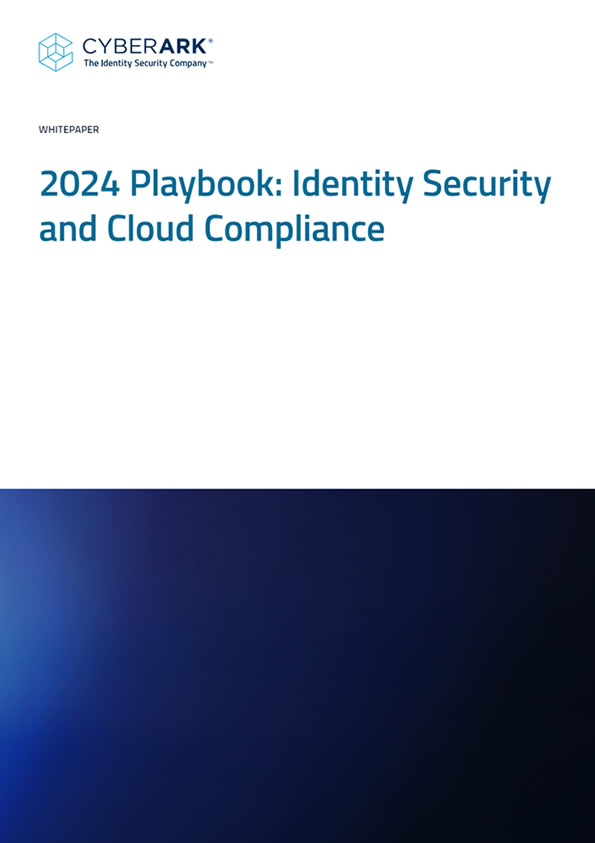In an age of escalating cyber threats, healthcare providers need to ensure the security of sensitive patient information to maintain trust and reputation.
The Alarming Rise of Data Breaches
The healthcare sector has become an increasingly attractive target for cybercriminals in recent years. As medical records contain a wealth of sensitive personal and financial information, they are highly valued in the world of cybercrime. In fact, the rate of data breaches in healthcare has skyrocketed, with a report from Cybersecurity Ventures predicting that healthcare cyberattacks will cost the global economy £5 billion annually by 2025.
The Importance of Digital Trust for Healthcare Providers
As patients entrust their medical providers with their most sensitive personal information, digital trust becomes an essential component of the patient-provider relationship. Failure to maintain that trust can have devastating consequences, ranging from reputational damage to financial losses and legal repercussions.
A recent IBM study found that the average cost of a data breach in 2021 was nearly £4 million. For healthcare providers, however, the stakes are even higher, as the loss of trust can lead to a decline in patient numbers, tarnishing the reputation they have worked so hard to build.
How Healthcare Providers Can Bolster Digital Trust
There are several key measures healthcare providers can implement to enhance digital trust and protect sensitive patient information:
- Invest in robust cybersecurity infrastructure: Deploying advanced security technologies such as intrusion detection systems, encryption, and secure communication channels can help thwart potential cyberattacks.
- Regularly update and patch software: Outdated software is a common vulnerability exploited by cybercriminals. Ensuring that all systems are up-to-date and patched can help mitigate this risk.
- Educate employees: Human error is a significant factor in many data breaches. Providing regular training on cybersecurity best practices and fostering a culture of security awareness can help minimise such risks.
- Implement strict access controls: Limiting access to sensitive patient data to only authorised personnel and regularly monitoring access logs can help prevent unauthorised access and data leaks.
- Develop a comprehensive incident response plan: In the event of a data breach, a well-prepared incident response plan can help minimise damage and restore operations more quickly, mitigating the impact on patients and maintaining trust.
Conclusion
As the threat of data breaches looms larger than ever, healthcare providers must make digital trust a top priority. By investing in robust cybersecurity measures and fostering a culture of security awareness, they can safeguard sensitive patient information and maintain the trust that is essential to their success.











